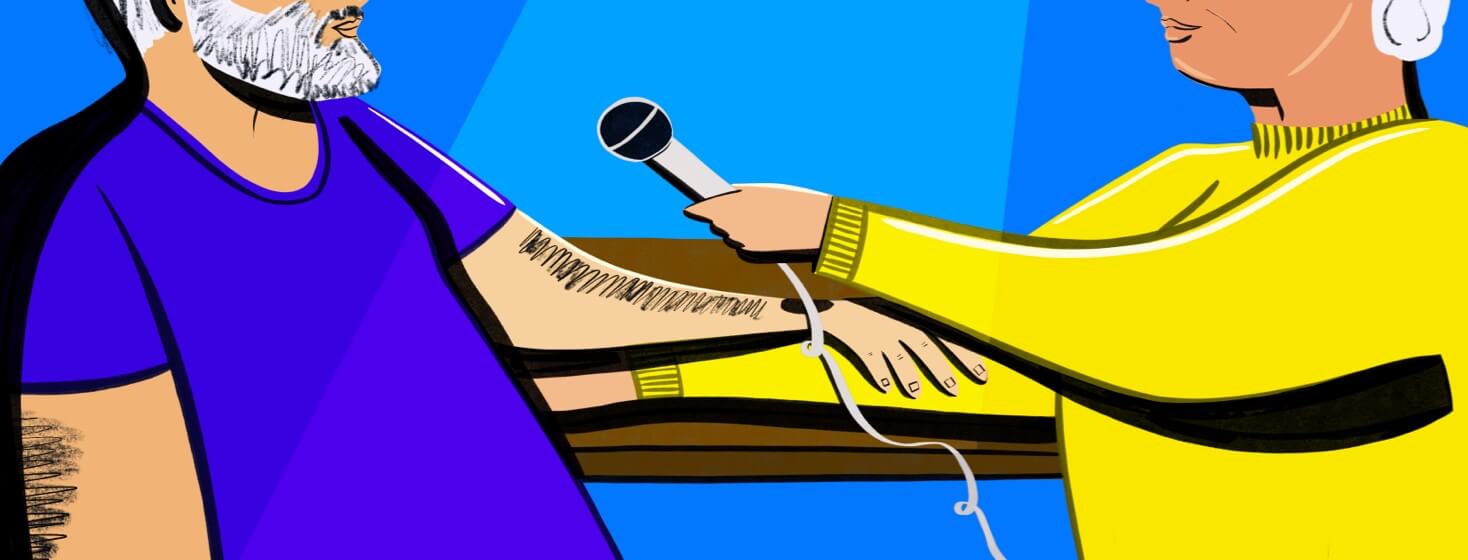Macular Degeneration Is a Family Affair
Like most chronic health challenges, it becomes a family affair when you’re diagnosed with macular degeneration, directly affecting loved ones. This is an interview of a couple, Linda and John.
The wife, Linda, was diagnosed with dry macular degeneration (AMD) 10 years ago and is now at the intermediate stage. She has been a Patient Leader for MacularDegeneration.net for nearly 2 years. They have been married for 25 years.
LINDA: First, I want to thank John for his willingness to be interviewed and share his perspective. Now for the first question: When did you first hear about AMD?
JOHN: Shortly after we were married in 1996, I learned your mother was dealing with AMD. That was my first exposure. I learned more about it through family conversation and the occasional, long-distance visits with your parents.
LINDA: When I was diagnosed with AMD in 2012, what were your initial feelings? Did you have concerns about how it might impact our life together?
JOHN: My initial thought was that your mother also had AMD, but unlike your mother, you were learning all you could about lifestyle changes that could slow the progression. You did not go to that place, “Why me?” I felt it would be a different experience for you – for us – than it was for your parents.
LINDA: During the beginning stages of AMD, the vision change is minimal and often unnoticed. However, at the intermediate stage, it became more challenging as central vision declined. Has this advancement raised concerns for you? If so, what kind of concerns?
JOHN: Not really – We have always supported each other during challenging experiences. This was no different.
LINDA: How do you feel about me becoming an Advocate and Patient Leader for MacularDegeneration.net?
JOHN: I think it’s terrific. You like to write and are passionate about helping others with macular degeneration. I share the joy that resonates with you in being an Advocate.
LINDA: There is no cure for dry AMD, but its progression is often slow. How do you expect your life to be different when it advances? What adjustments do you think will need to be made?
JOHN: It’s hard to predict the future when you haven’t been there before. We will be fine and will adjust accordingly. For example: At present, we limit our night driving.
LINDA: One of the bigger challenges with AMD is losing the ability to drive. How is that going to impact your life?
JOHN: As we age, life’s circumstances change and we will calmly adjust. There are alternatives: 1) Uber, 2) Friends, 3) Plus, I am more than willing to drive you to appointments, etc. Also, we are fortunate to live in a community of seniors, 55 and older, who look out after each other.
LINDA: Research and studies are being done to find a cure or stop the progression of AMD. How optimistic are you about a cure in our lifetime?
JOHN: I am very optimistic. You have a very kind, professional retina specialist who is very optimistic about how well you will do in the future. I think the chances are very good there will be a cure or a way to slow the progression of AMD in our lifetime.
LINDA: Are there any other thoughts you would like to share?
JOHN: I hope this article will bring comfort and hope to those with macular degeneration and their family members. Does macular degeneration change your life? Yes! Does it stop you from living a full, happy, productive life? NO!
LINDA: Thank you, John, for your honesty about how macular degeneration affects you as a couple. Especially, thank you for your understanding and empathy.
Because every family situation is unique, it is helpful to hear from others. Please feel free to share your personal experience in the comments below.
Editor's Note: As of August 2023, 2 drugs known as complement inhibitors — Syfovre® and Izervay™ — have been approved by the US Food and Drug Administration (FDA) to treat the advanced stage of dry age-related macular degeneration, or geographic atrophy (GA).

Join the conversation